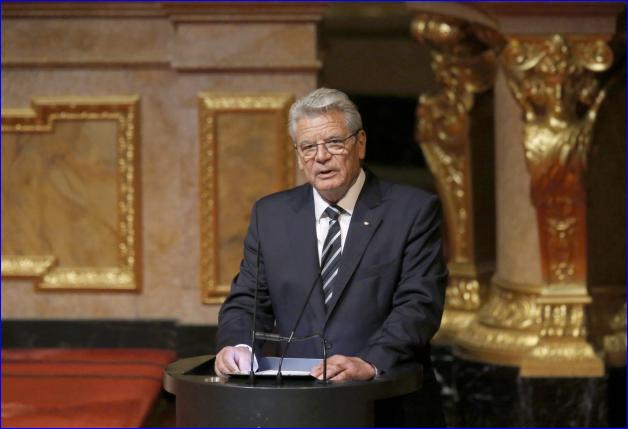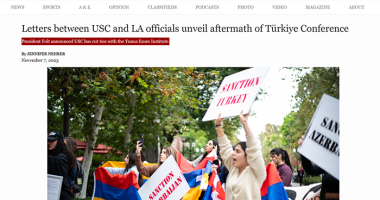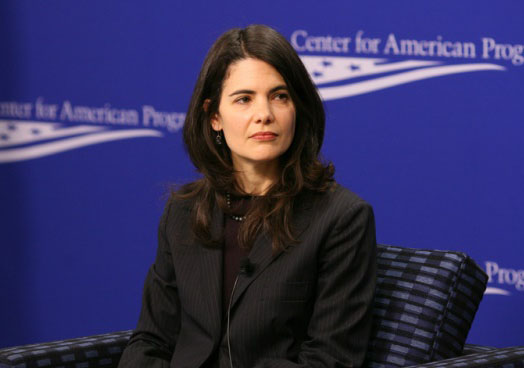ANKARA — Turkey on Wednesday strongly condemned Austria for recognizing the 1915 Armenian genocide and urged Germany, another First World War-era ally of the Ottoman Empire, not to do the same this week.
The Turkish Foreign Ministry said it summoned the Austrian ambassador in Ankara and told him that a corresponding declaration adopted by the Austrian parliament “will leave permanent stains on Turkish-Austrian friendship.” It also announced that the Turkish ambassador in Vienna has been recalled “for consultations.”
“It should be known that Turkey and the Turkish nation will not forget this slander uttered against their history,” the ministry said in a statement issued in response to the declaration. “It seems that Austria, with whom we fought on the same side during World War I … has also fallen prey to the efforts of some circles bent on manipulating perceptions, in complete insistence in ignoring the humanitarian and concrete initiatives of Turkey.”
“As such, this outrageous behavior is rigorously rejected by Turkey. It will not be possible to lay the burden of such a great crime, which it has not committed, on Turkey’s shoulders through political pressures of any kind,” added the statement.
Çavusoglu’s response came April 23 after a conversation with his Austrian counterpart, Sebastian Kurz, about the Austrian parliamentary declaration calling the 1915 killings of Armenians by Ottoman Turks “genocide.”
In a separate development, Turkish Prime Minister Ahmet Davutoglu said he has phoned German Chancellor Angela Merkel to discuss plans by Germany’s parliament to pass a resolution referring to the Armenian massacres as genocide. Davutoglu said he asked Merkel to “take the initiative” and persuade the Bundestag not to “offend Turkey.”
The Bundestag is due to debate the draft resolution on Friday, the day which will mark the 100th anniversary of the start of mass killings and deportations of Armenians in Ottoman Turkey. In a significant policy shift, the German government on Monday voiced support for the document agreed to by Merkel’s Christian Democrats and their coalition partner, the Social Democratic Party.










